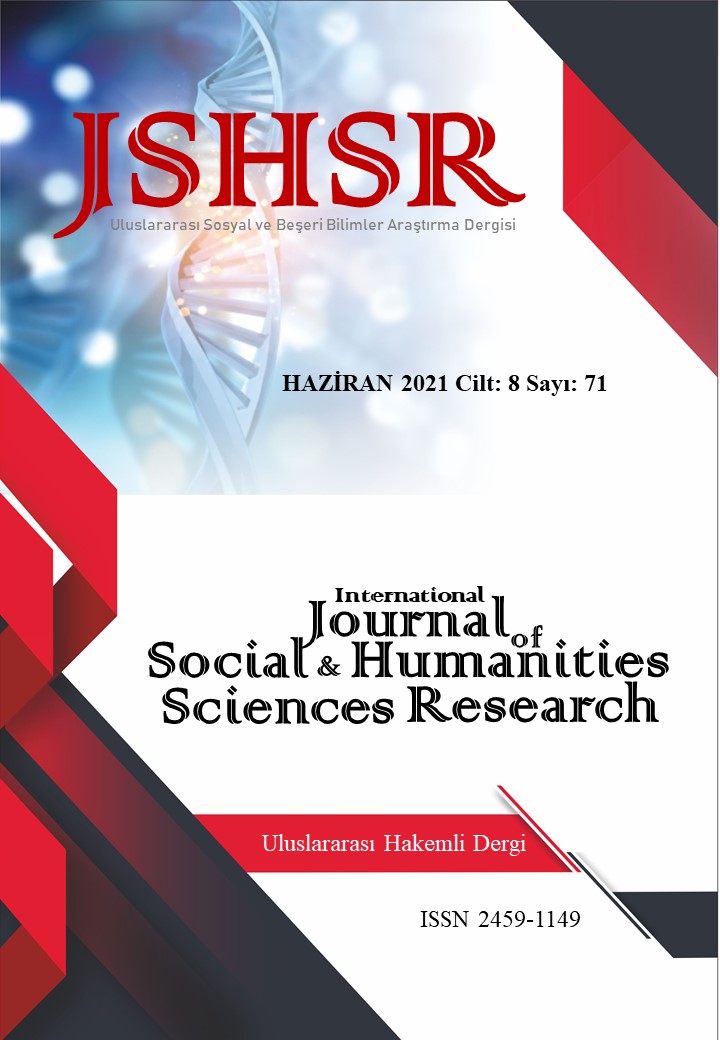THE EFFECTS OF INTELLIGENCE GAMES ON MATHS SUCCESS OF THE STUDENTS WITH LEARNING DIFFICULTIES
DOI:
https://doi.org/10.26450/jshsr.2519Keywords:
Learning Difficulties, Intelligence Games, Maths SuccessAbstract
This study, it is aimed to research whether there is an effect of teaching with mathematical intelligence games to homeschooling students diagnosed with mild learning disabilities on the maths success of the students. The research is patterned according to the experimental model with a pre-test/final-test control group. The study group consisted of 12 home-schooled students that are diagnosed with a mild level of learning difficulty. 6 of the students constituted the study group and 6 of them constituted the control group. The data were collected by pre-test, final-test, and permanence tests, consisting of 20 questions that are prepared by the researcher by taking expert opinions. In the study, the study group was given mathematics lesson with mathematical brain games (mangala, futoshiki, kendoku, kakuro, magic pyramid, tangram, and multiplication) which were set at 3 hours per week for 8 weeks, while the same subjects were taught to the control group in the same period as in the normal curriculum. As a result, it was observed that there was 15.00 points increase in the final-test between the study and control groups and 5.00 points of increase in the permanence test on behalf of the study group when teaching mathematics to the students that have mild level learning difficulties, that teaching with mathematical intelligence games is increasing these students' maths learning skills and the permanence of these skills, that it is affecting the maths success of these students positively.
Downloads
Published
How to Cite
Issue
Section
License
Copyright (c) 2021 INTERNATIONAL JOURNAL OF SOCIAL HUMANITIES SCIENCES RESEARCH

This work is licensed under a Creative Commons Attribution 4.0 International License.


